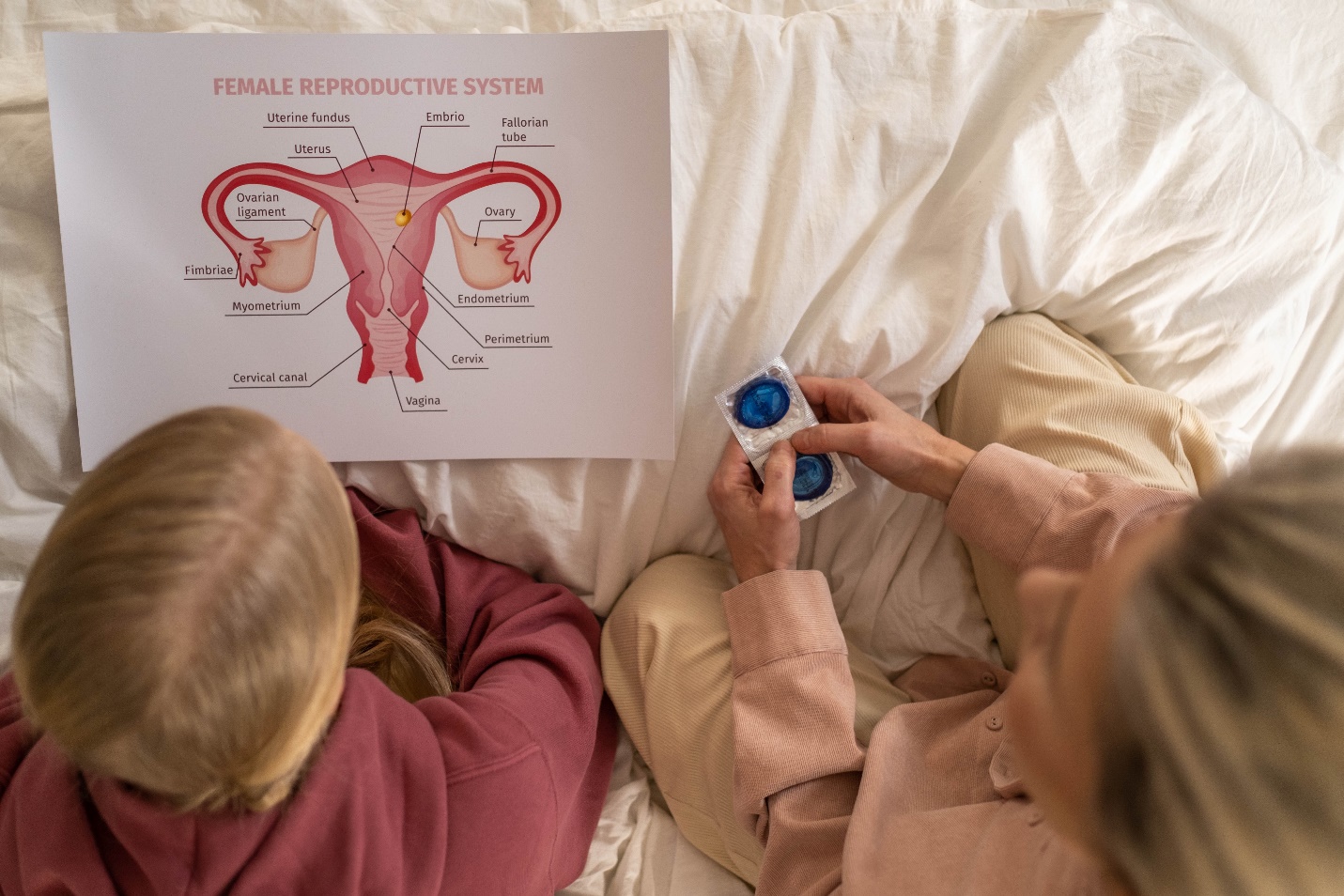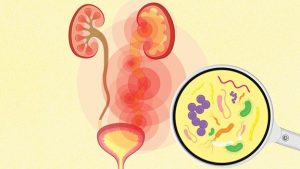
Ever wonder why you’re not getting pregnant despite diligently tracking your ovulation?
Turns out, your menstrual cycle is only one small piece of the fertility puzzle. There are other factors affecting your ability to conceive that you probably haven’t considered.
Educating yourself on the lesser-known elements impacting your fertility is an important first step. Read on to learn what else you can do to increase your chances of seeing those two pink lines.
Are You Ovulating but Still Not Getting Pregnant? The Surprising Factors at Play
Are you ovulating regularly but still not getting pregnant? Surprisingly, ovulation is only one piece of the fertility puzzle. Here are some lesser-known factors that could be affecting your chances of conceiving:
Your thyroid
An underactive or overactive thyroid can throw off your menstrual cycle and ovulation. Ask your doctor to check your TSH levels— However, recent studies have suggested that TSH should be no higher than 2.5 when trying to conceive and 3.0 during pregnancy.
Low progesterone.
Progesterone is the hormone responsible for sustaining a pregnancy. Get your levels tested around day 21 of your cycle. Supplements or medication may help.
PCOS
Polycystic ovary syndrome is a leading cause of infertility. Irregular periods, excess hair growth, and cysts on the ovaries are common symptoms. Losing weight and medication can boost fertility for many women with PCOS.
Endometriosis.
This condition causes tissue similar to the uterine lining to grow outside the uterus, often affecting the ovaries, fallopian tubes, and pelvic lining. Laparoscopic surgery can provide relief from symptoms and increase your odds of conception.
Male factor
Don’t assume infertility is only a female issue. Low sperm count or poor sperm quality contributes to 30% of infertility cases. Have your partner tested to check for any problems on his end before proceeding with expensive fertility treatments.
The road to pregnancy isn’t always straightforward. But identifying any underlying issues—for you or your partner—and getting the proper treatment can help make your dream of having a baby come true. Stay hopeful! With time and persistence, you’ll get there.
Lifestyle Choices That Can Impact Your Fertility More Than You’d Expect
Have you been trying to conceive for a while now with no luck? It may not just be about timing ovulation. Your lifestyle and environment can impact your fertility in ways you might not expect.
Stress Levels
Chronic stress can wreak havoc on your reproductive health. When you’re stressed, your body produces cortisol and other hormones that can interfere with ovulation and make implantation more difficult. Try relaxation techniques like yoga or meditation to lower stress.
Exposure to Environmental Pollutants
Chemicals like BPA and phthalates found in plastics, cosmetics, and household products may reduce fertility. Avoid heating plastics, use glass or stainless-steel containers, and choose natural skincare products.
Caffeine and Alcohol Consumption
Limit coffee, tea, and alcohol. Studies show that more than 2-3 cups of coffee per day may reduce fertility. And while an occasional drink is fine, heavy or binge drinking makes it harder to conceive.
Weight and Exercise Levels
Being over- or underweight can impact ovulation and sperm health. Aim for a BMI in the normal range and engage in regular moderate exercise like walking or strength training a few times a week. Too much intense exercise may also reduce fertility.
There are many factors in our control that can help create the best conditions to conceive. Make positive lifestyle changes and reduce toxic exposures, then give yourself the best chance by timing intercourse around ovulation. With patience and self-care, you’ll increase your odds of that positive pregnancy test.
Medical Conditions and Environmental Factors That Quietly Disrupt Fertility
Medical conditions like thyroid disease or PCOS (polycystic ovary syndrome) can negatively impact your fertility in subtle ways.
Thyroid Disease
Your thyroid gland controls your body’s metabolism, including reproductive hormones. Both hypothyroidism (underactive thyroid) and hyperthyroidism (overactive thyroid) can disrupt your menstrual cycle and ovulation. If you have irregular periods, trouble conceiving, or recurrent miscarriages, ask your doctor to test your thyroid hormone levels.
PCOS
Polycystic ovary syndrome is a hormonal imbalance that can cause irregular periods, lack of ovulation, and cysts on your ovaries. It affects up to 10% of women and is a leading cause of infertility. If you have symptoms like irregular periods, excess body hair, or trouble losing weight, you may have PCOS. Diagnosing and treating this condition, often with medication like Clomid or metformin, can significantly improve your fertility.
Environmental Pollutants
Unfortunately, we live in a sea of chemicals that may be harming our fertility. Things like BPA in plastics, phthalates in cosmetics, pesticides in our food supply, and pollutants in the air and water expose us to hormone disruptors that may make it harder to get pregnant. Reducing your exposure to these environmental toxins by eating organic, avoiding plastics, and using natural cosmetics and cleaning products is an easy first step towards boosting your fertility.
While ovulation is key to getting pregnant, various other medical and environmental factors can also impact your ability to conceive. Discussing any concerns you have with your doctor and making lifestyle changes to optimize your health and fertility will put you in the best position to achieve a successful pregnancy.
So, there you have it, some of the lesser-known things that can impact your fertility in surprising ways. While ovulation is obviously crucial, fertility is complex with many interconnected parts. The good news is that many of these factors are within your control. Get enough sleep, reduce stress, limit alcohol and caffeine, quit smoking, and maintain a healthy weight through good nutrition and exercise.
Making even small changes to support your fertility and overall health can really pay off. While conception may still take time, you’ll feel better knowing you’re giving yourself the best possible chance. And if you do continue to struggle, be sure to consult your doctor to explore other options. But for now, take a deep breath and remember – you’ve got this! Fertility is a journey, so try to be patient and kind to yourself along the way. Embrace womanhood!







